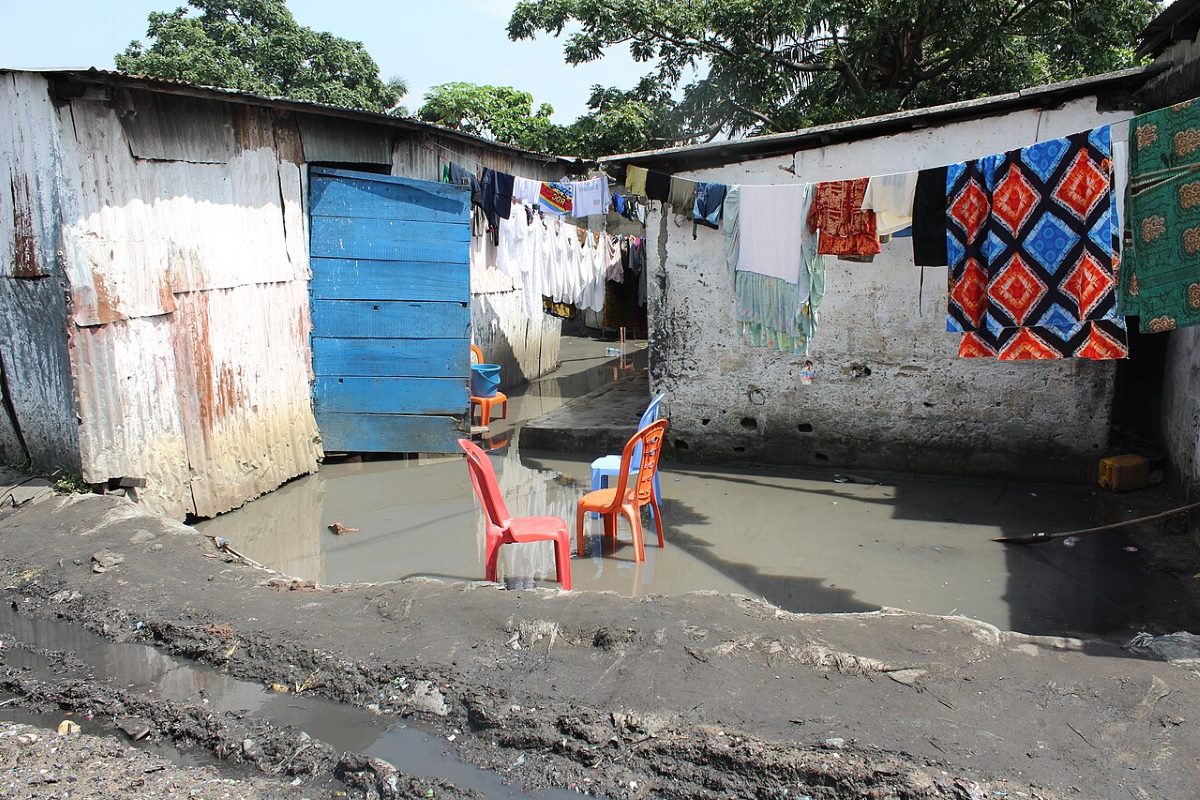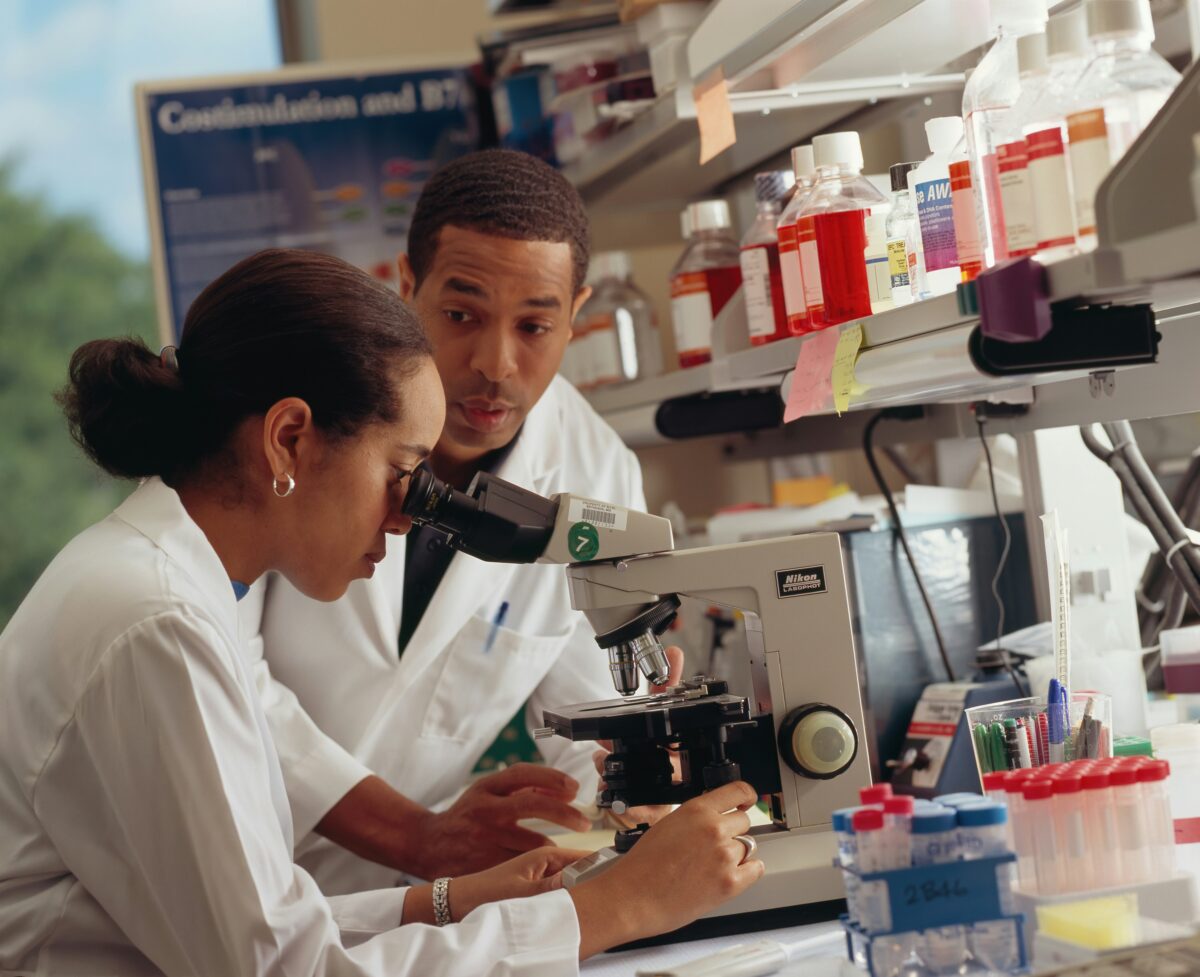 #News
#News
 Collaborative training and strategic skills development are essential to prepare future scientific leaders in an increasingly challenging global landscape | Image: Unsplash/National Cancer Institute
Collaborative training and strategic skills development are essential to prepare future scientific leaders in an increasingly challenging global landscape | Image: Unsplash/National Cancer Institute
The global response to the pandemic seemed to herald a new era of international scientific cooperation, with traditional boundaries between governments, industry, and academia being replaced by more open, inclusive models working for the common good. But the current landscape is very different: rising geopolitical tensions and disputes over the control of critical and emerging technologies have darkened the horizon.
In times like these, governments generally prioritize defense spending, leaving scientists with the challenge of convincing them to invest in projects that do not necessarily serve the military cause. The complexity of this situation and the unpredictability of the global geopolitical environment are demanding new skills from research leaders.
A report released by Science Business in March, in partnership with the scientific publisher Elsevier, highlights some of these skills. The document was based on interviews with European leaders, but its recommendations are broad enough to be applied in a variety of contexts. The key skills include:
- Ability to anticipate the long-term future, essential to balancing priorities such as the green transition and economic competitiveness
- Involvement in policy formulation, through more effective communication with policy and decision makers, as well as closer relationships with society
- Crisis preparedness and management, including early identification of risks to ensure readiness to act in times of threat
According to the report, it is critical for research institutions to help develop these skills in future leaders through targeted training and education programs. However, although there is consensus on this need, a structured support system is still missing. For example, only one-third of European universities offer this type of support in their courses.
In response to this shortcoming, the European University Association, which promotes collaboration and knowledge exchange between universities on the continent, worked with a consortium of partners to develop the NEWLEAD project, funded by the Erasmus+ program, to assess the challenges involved in training academic leaders to manage change and encourage institutional transformations.
Crisis management
The document emphasizes the need for future research leaders to be prepared for multifaceted challenges and to effectively manage crises, with a focus on diversity and shared responsibility—noting that no individual is capable of excelling equally in all necessary skills.
Future leadership will also need to be inclusive, with profiles drawn from a range of stakeholders.
According to the report, academia and scientific publishers need to collaborate closely to address the growing challenges posed by fraudulent practices such as paper mills and the misuse of artificial intelligence. Similarly, international cooperation is essential and must not be jeopardized.
Policymakers should encourage more in-depth dialogue between research leaders and decision-makers to help them understand the complexity of security-related issues, identify practical solutions, and cooperate to build capacity and resilience. “The challenge lies in developing a systemic approach rather than relying on individual efforts,” the document highlighted. “This requires collaboration and shared responsibility.”
*
This article may be republished online under the CC-BY-NC-ND Creative Commons license.
The text must not be edited and the author(s) and source (Science Arena) must be credited.


